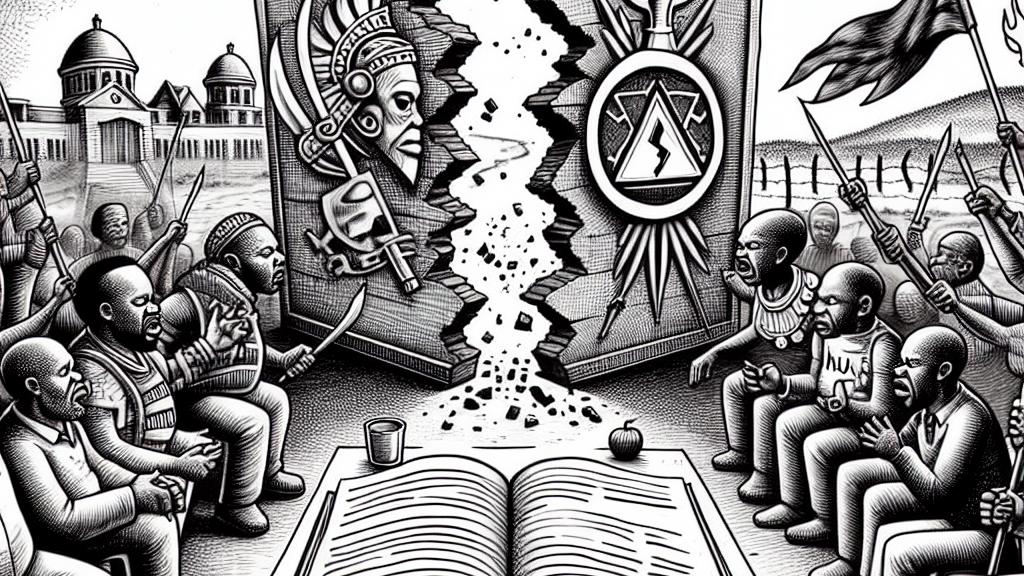Service Showdown: DA vs MK Party in KwaZulu-Natal!
Overview
- DA alleges MK party is undermining service delivery in KZN.
- Budget votes by MK party threaten crucial provincial funding.
- Political analysts report declining support for MK party in the region.

Political Accusations in KwaZulu-Natal
In a dramatic escalation of political tensions in KwaZulu-Natal, South Africa, the Democratic Alliance (DA) has openly accused the uMkhonto weSizwe (MK) party, linked to former president Jacob Zuma, of conspiring to undermine essential service delivery. This accusation follows the MK party’s repeated votes against provincial budget approvals, which the DA claims are aimed at preventing government funds from reaching the poorest citizens. Such obstruction has raised alarms since it could potentially block necessary funding for key services, including healthcare, education, and public safety, impacting thousands of vulnerable residents.
The Critical Role of Budget Approvals
The DA’s leadership has been at the forefront of defending the budget approval process amid these accusations. With the coalition partners in the Government of Provincial Unity (GPU) — which includes the IFP, ANC, and NFP — they successfully pushed back against the MK's attempts to derail funding. Imran Keeka, chief whip of the DA in the KZN Legislature, emphasized that failing to approve these budgets would have catastrophic implications for the delivery of services in the province. He articulated that the GPU is steadfast in its commitment to ensure that public funds flow to where they are most needed, thus preventing any potential humanitarian crisis that could arise from budget cuts or service disruptions.
Waning Support for the MK Party
Recent electoral analyses reveal a concerning trend for the MK party: its support among voters in KwaZulu-Natal seems to be diminishing. In the latest by-elections, the MK party failed to secure pivotal victories, suggesting a disconnect with the electorate's needs and concerns. Political experts have noted that the MK's approach, lacking clear policy proposals and a solid understanding of public finance management, has left them vulnerable to critiques of ineffectiveness. As public sentiment shifts, the MK party must either adapt to the changing political landscape by engaging more meaningfully with constituents or risk further irrelevance in the provincial political arena, which demands effective and accountable representation.

Loading...